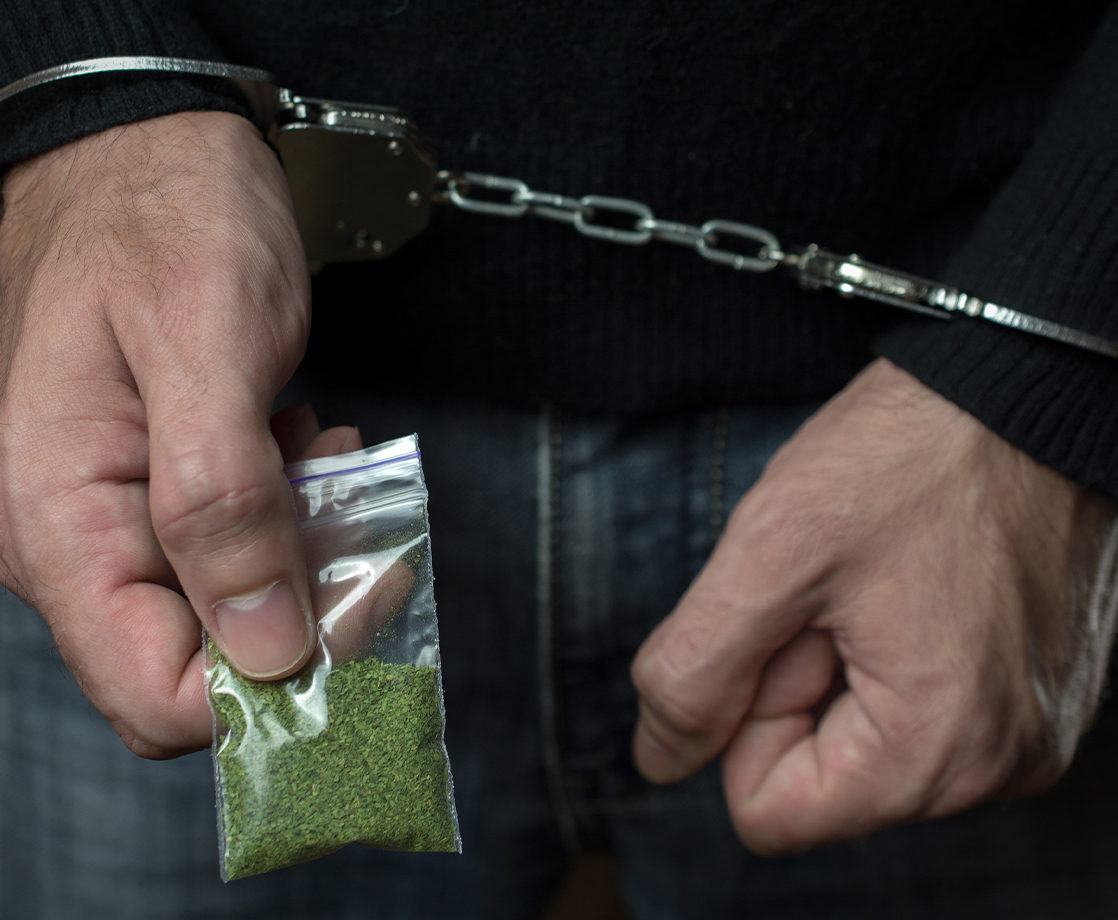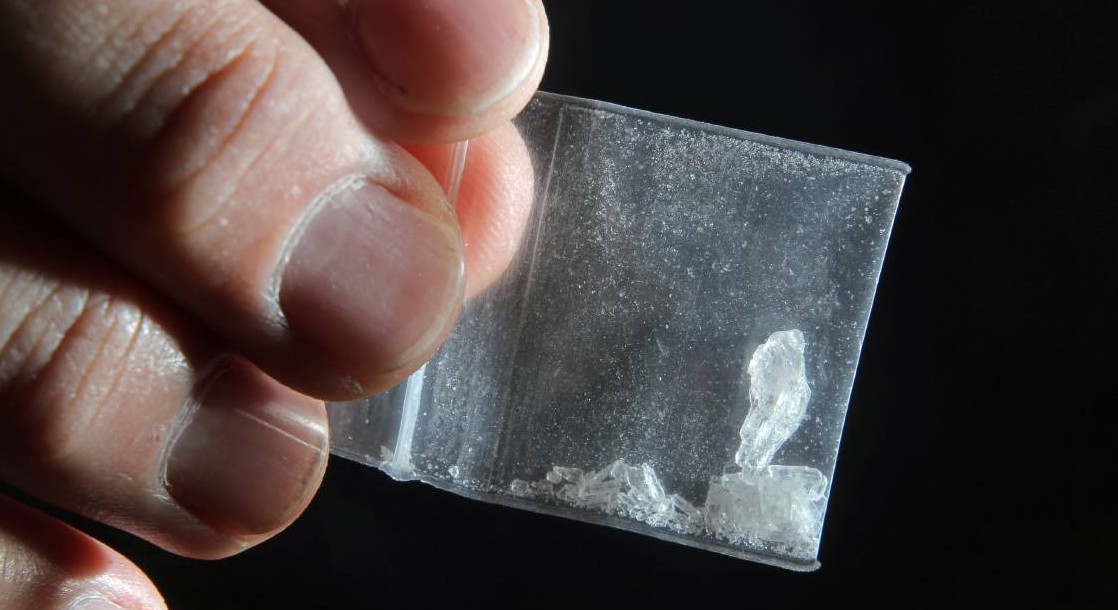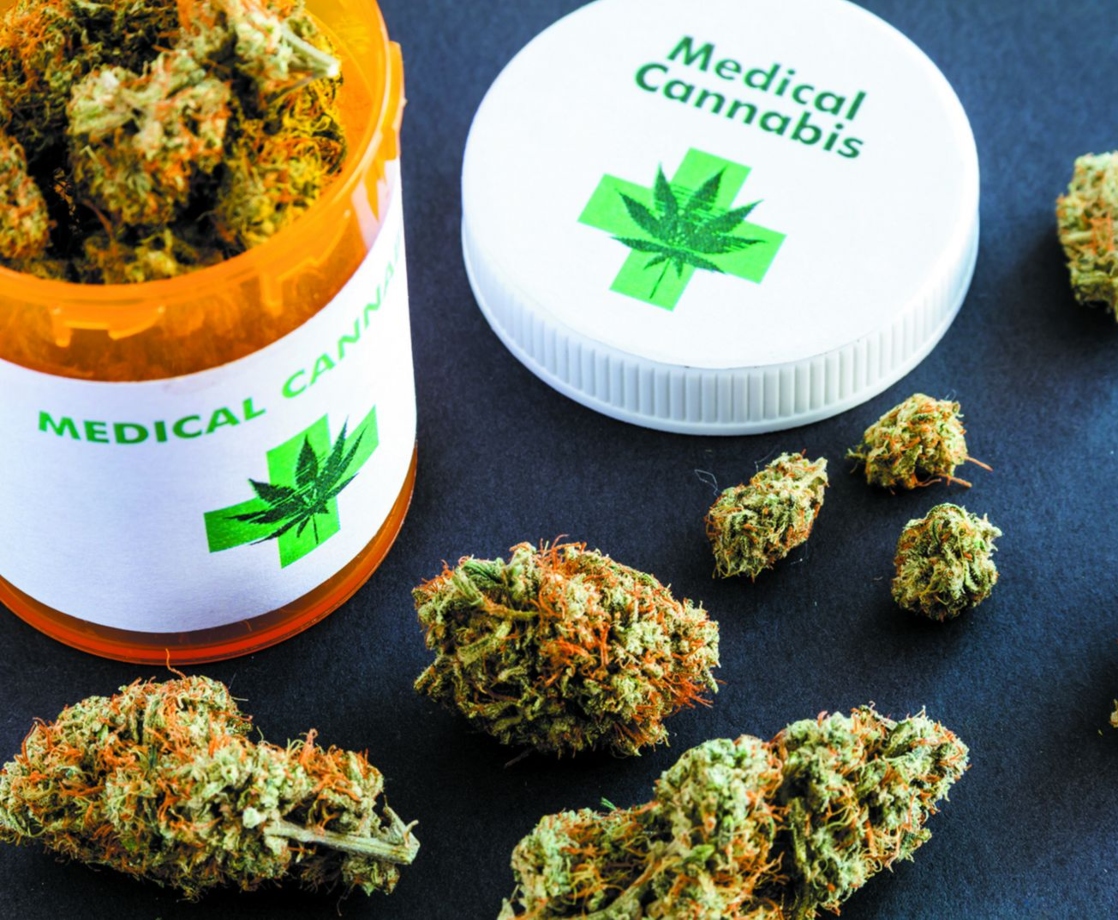The coronavirus pandemic has truly turned America upside down. The #AllLivesMatter crowd became #NoLivesMatter in just a matter of weeks, federally outlawed weed became an “essential” item in eight enlightened states, and nonviolent convicts got early prison releases to prevent other prisoners from dying of COVID-19.
And now, some US cities will keep their citizens from going to prison altogether in an effort to slow the novel coronavirus’s spread.
Last week, Columbus, Ohio’s City Attorney, Zach Klein, confirmed that his office would continue to ignore low-level weed offenses — such as possession or dealing small amounts — despite advances in the state’s marijuana testing capabilities. Previously, state crime labs could not distinguish marijuana from hemp. The state legalized hemp last summer, but marijuana remains outlawed except in certain forms for medical use.
But even after Ohio’s labs announced last week that they could now test weed and hemp, Klein doubled down on his previous position. “Our city council’s decision to institute a low-dollar fine for violations, and overall disparities and inequities in the criminal justice system” meant he would not budge.
Furthermore, Klein highlighted that throwing people in prison for minor offenses posed a public health issue, too. “We have witnessed the dire impact of the highly contagious coronavirus in an overcrowded state prison system,” he wrote in a column for the Columbus Dispatch last month. “This underscores how important it is that we evaluate policies to ensure only appropriate individuals are incarcerated to begin with.
Columbus isn’t the only city taking a hands-off approach to victimless crimes, either. On Friday, US Senator and former Democratic presidential candidate Cory Booker praised Baltimore State’s Attorney Marilyn Mosby for her response to the COVID-19 crisis. For the past two months, Mosby has refused to prosecute cases for drug possession, small-time drug dealing, sex work, minor traffic infractions, and… peeing in public.
“There’s been a perversion, I think, in what the ideal is here, which is justice,” Booker said, according to Marijuana Moment. “When you start seeing these enlightened prosecutors starting to emerge thanks to elections, you’re getting a lot of different standards of what is success. Success isn’t lock as many people up [as you can]; success is justice and restorative justice.”
Mosby’s policies are designed to keep people from needlessly filling Baltimore’s jails, increasing the risk and spread of COVID-19. Her decision to ignore low-level drug crimes was also heavily influenced by a recent tour she took of Portugal, which decriminalized all drug use in 2001.
“[Y]ou can’t help but appreciate that these folks have gotten it right,” Mosby said of Portugal’s justice system during a podcast last year.
Mosby has specifically singled out anti-cannabis laws as rules that are sorely outdated. “When I ask myself: Is the enforcement and prosecution of marijuana possession making us safer as a city?” she said last year during a press conference, “the answer is emphatically ‘no.’”
The same thing is happening in Illinois, too. Kim Foxx, Cook County State’s Attorney, said her office would not go after anyone for low-level drug offenses as long as the coronavirus crisis continued.
Even in Texas, one of America’s hotbeds for anti-drug conservatism, things are looking up. Last April, Dallas County District Attorney John Creuzot announced his office would no longer prosecute any low-level crime, whether it involved drugs, theft, or a brief scuffle between two drunk dudes.
So, take note, America: If we can ignore victimless drug crimes and consentual sex work during a pandemic, why should we continue these draconian policies once the pandemic finally ends?











